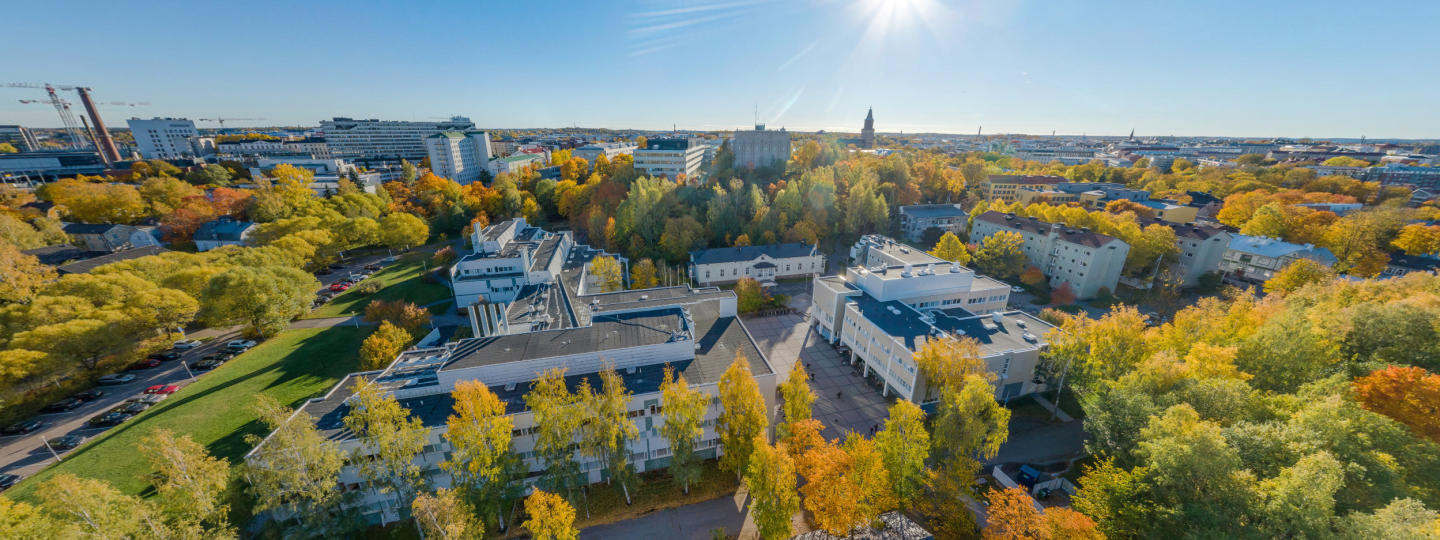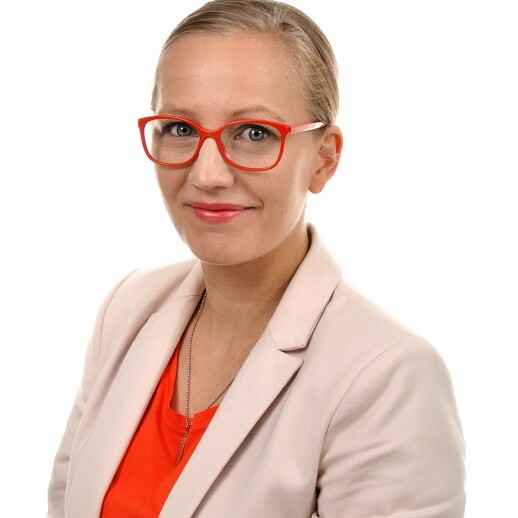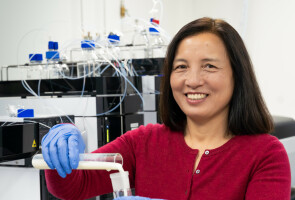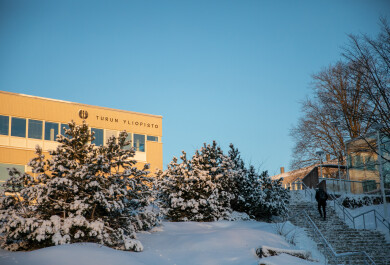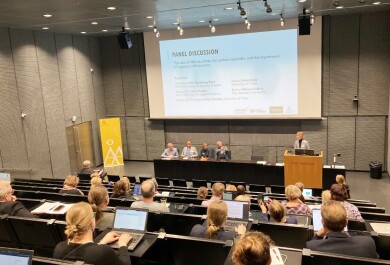The University contributes to the climate work of the City of Turku by reducing our carbon footprint, conducting significant climate research, and by training experts with competence in sustainable development.
In spring 2022, Turku was selected in the EU Mission “100 Climate-Neutral and Smart Cities”. All cities selected for the mission must conclude a Climate City Contract with the European Commission, which commits them to achieving carbon neutrality by 2030. The 100 cities selected in the Mission programme pave the way to enable all cities in Europe to reach climate neutrality by 2050.
As a sub-goal, the City of Turku has invited companies and other actors in the region to sign their own climate commitments as part of the Climate City Contract. The University of Turku has signed the commitment at the invitation of the City of Turku. By signing the commitment, the University will contribute to realising the Carbon Neutral Turku 2029 goal, commit to emission cuts, and make the organisations climate work visible.
“We are happy to commit to these goals and will absolutely contribute to the climate work of our strategic partner, the City of Turku. We are the largest research and education institution in Turku and we have can make an impact on Turku’s climate work through research, education and collaboration. We conduct climate research and educate experts for the needs of society and the region – we continuously aim to include sustainable development in all the education we offer,” says Rector Jukka Kola of the University of Turku.
University has reduced its carbon footprint by a third in five years
In recent years, the University of Turku has been committed to advance sustainable campus life and to reach its own carbon neutrality goal. The University of Turku aims to be carbon neutral by the end of 2025. The University’s carbon footprint was calculated for the first time in 2019 with the 2018 information.
“Over five years, we have managed to reduce our calculated carbon footprint by about a third when compared to the first calculation. The owner of the campus buildings, the University Properties Finland Ltd, has helped us a great deal in this effort. In the University community, we have invested in spreading good practices in different areas, such as commute and meals,” says Vice Rector Kalle-Antti Suominen.
In addition to other stake-holders, the University is currently engaged in close national collaboration with other higher education institutions.
“We are aiming to make the entire higher education sector carbon neutral by the end of the decade so that all higher education institutions share the same carbon neutrality criteria,” says Suominen.
The University’s vision includes the ambition to proactively foster a sustainable future and to be a visionary pioneer as well as a responsible contributor. At the University, sustainable development is coordinated by the Steering Group for Sustainable Development that develops, monitors, and evaluates the sustainable development activities at the University and promotes the realisation of the principles of sustainable development in practical actions. The Chair of the Steering Group is Vice Rector Mika Hannula. The Working Group on Carbon Neutrality calculates the University’s annual carbon footprint and promotes actions to reduce it, and supports reaching the University’s aim of carbon neutrality. The Chair of the Working Group is Vice Rector Kalle-Antti Suominen.
